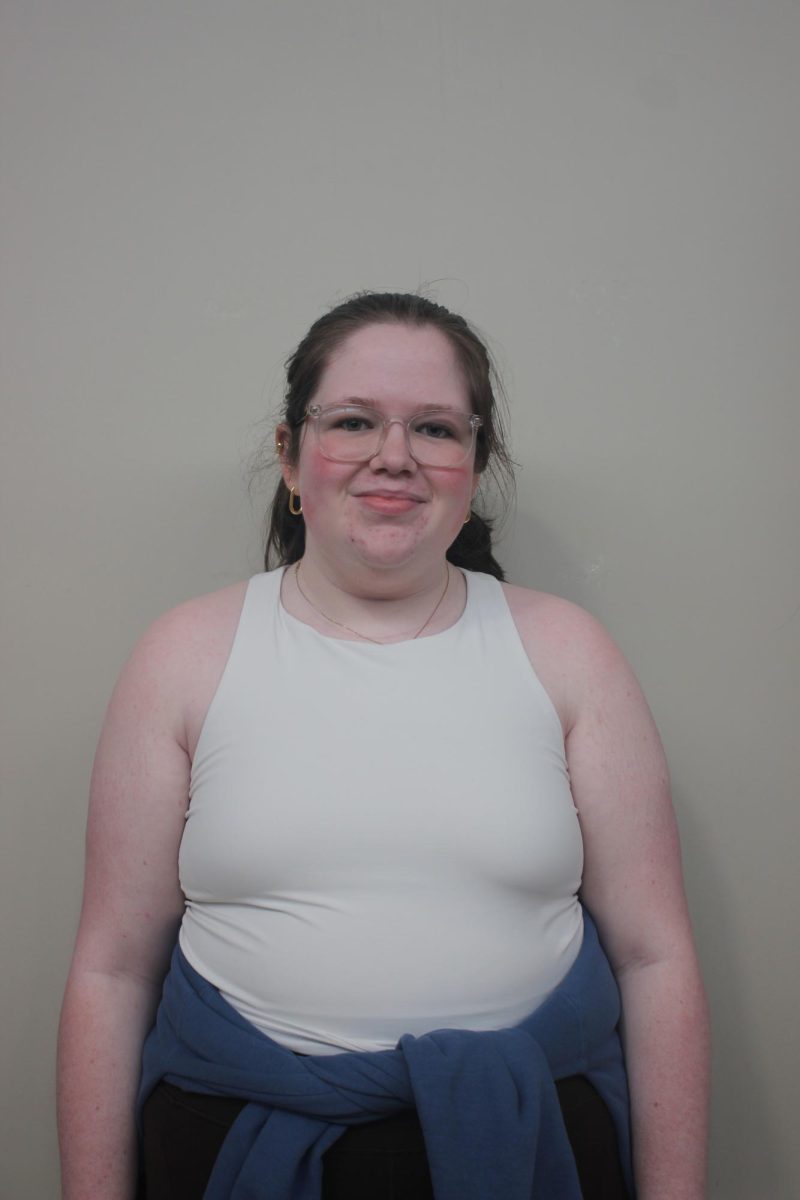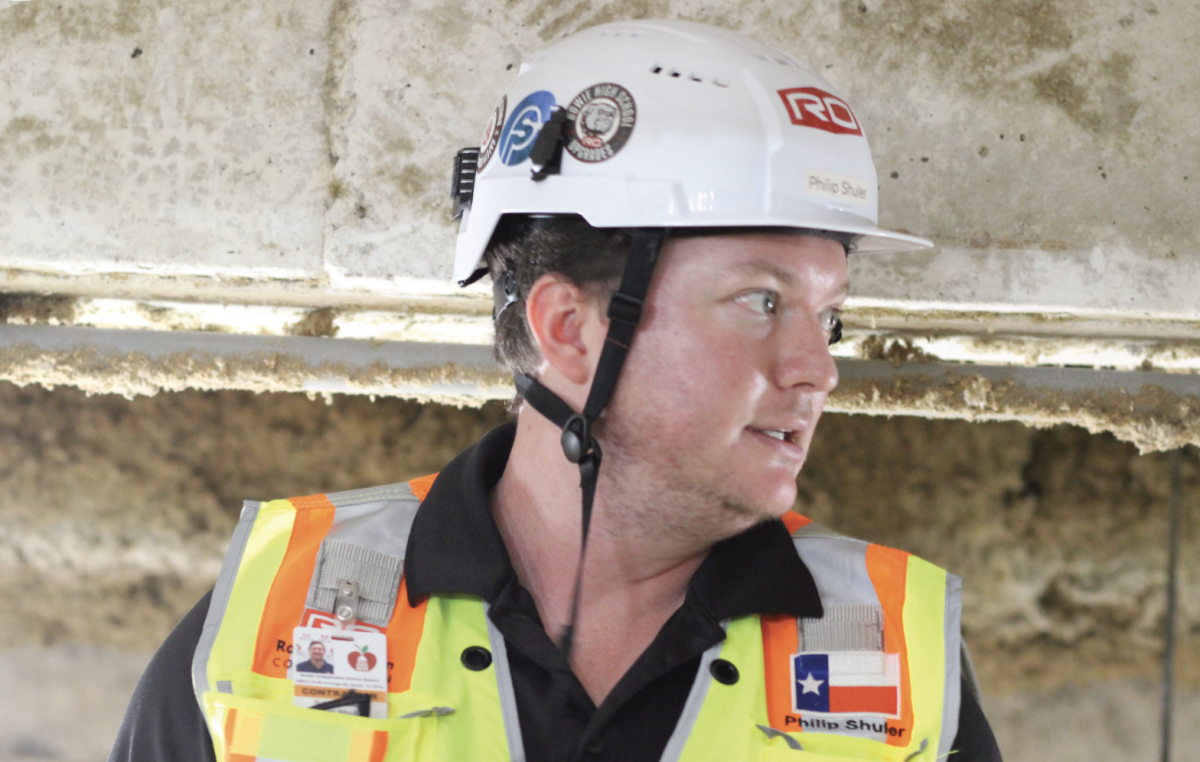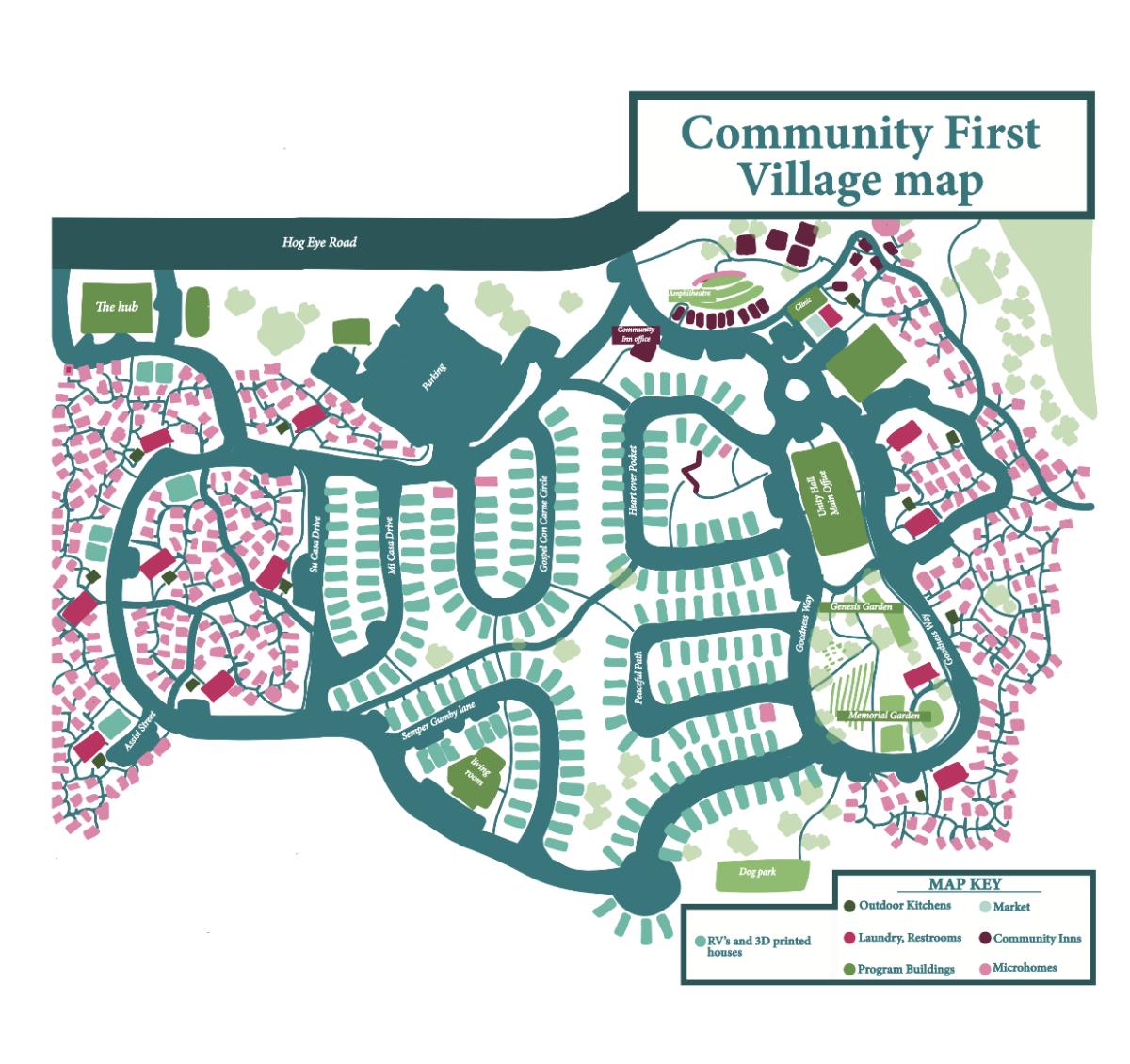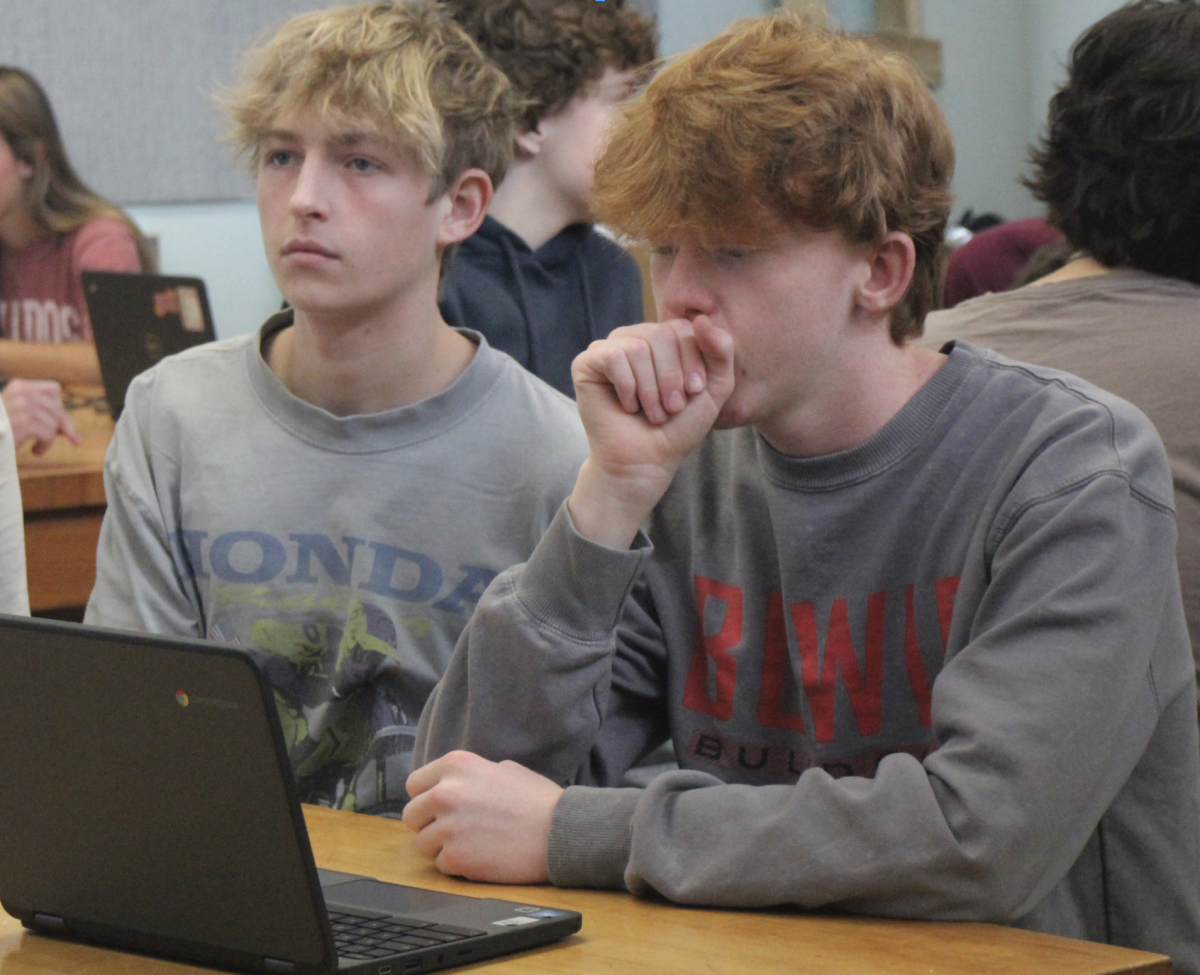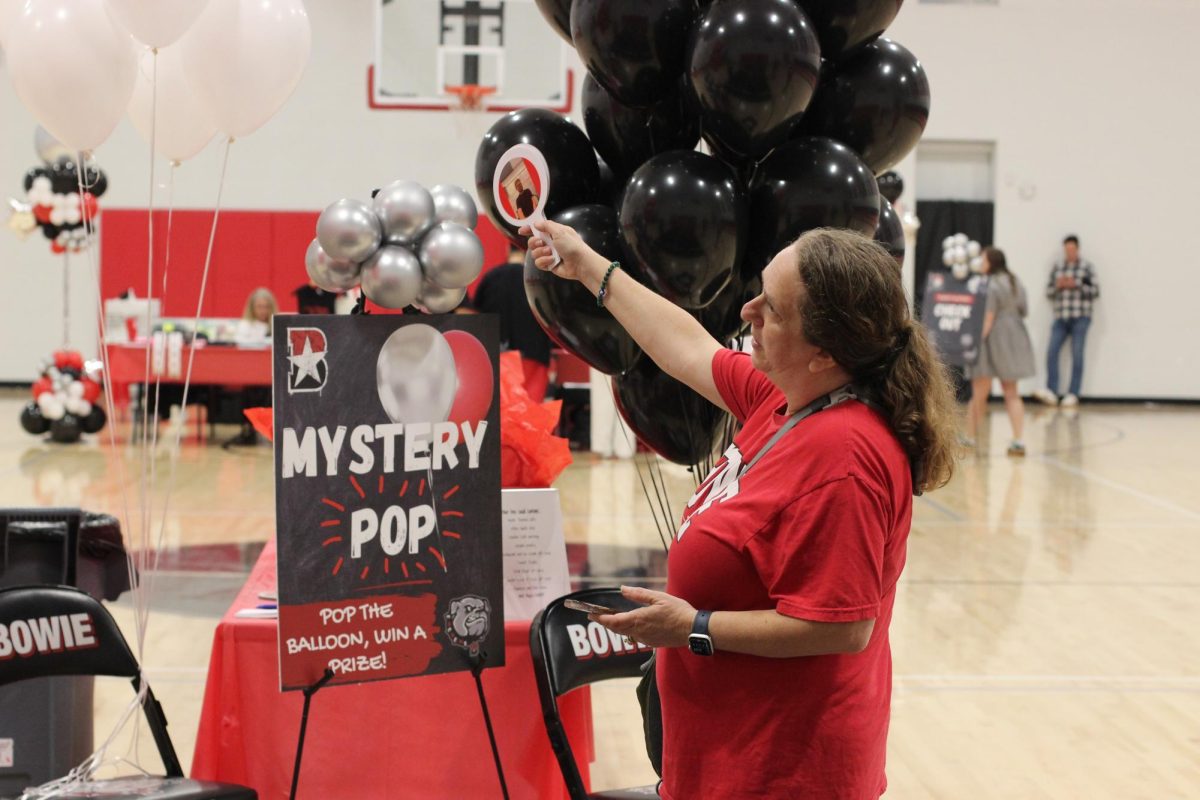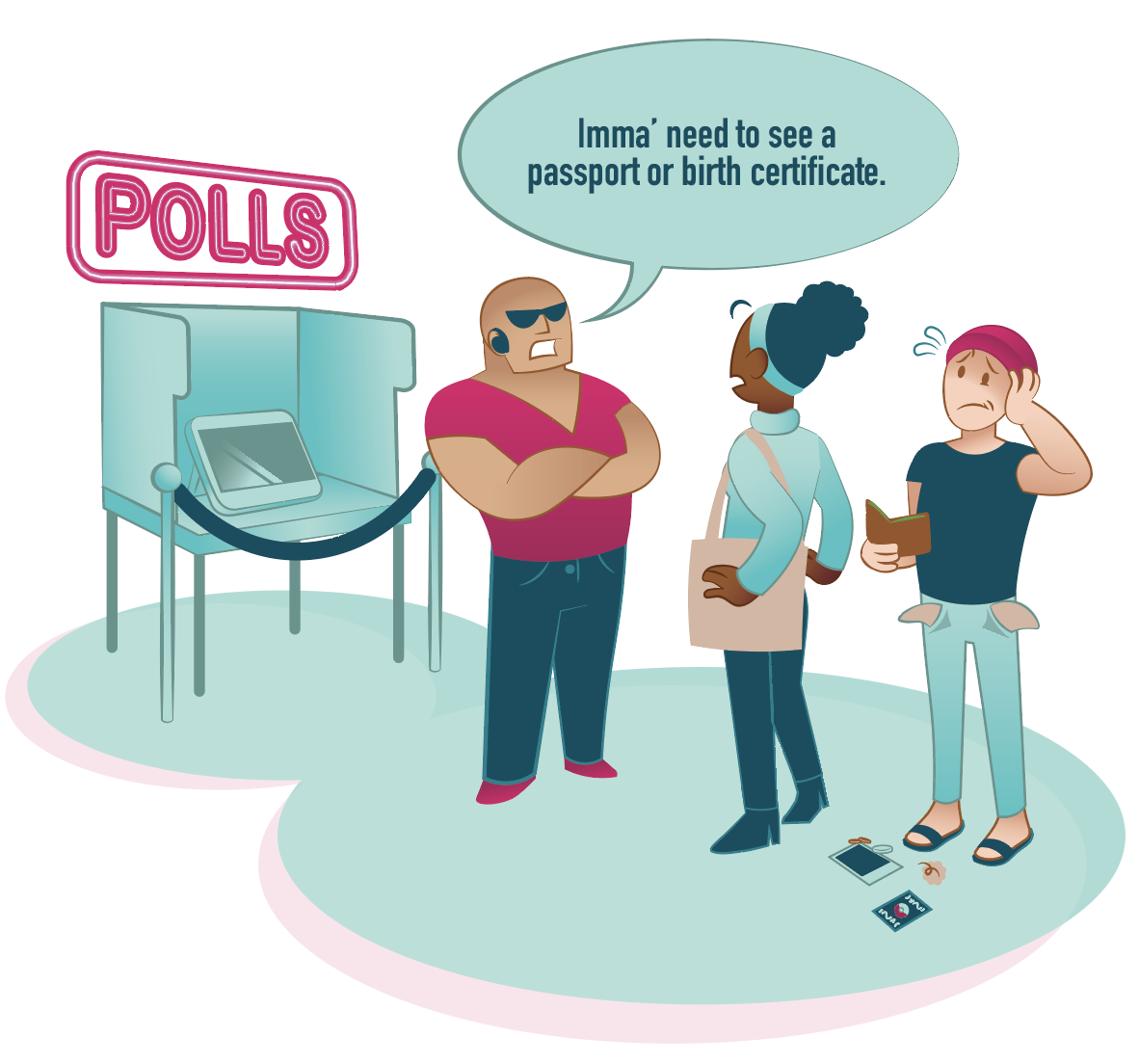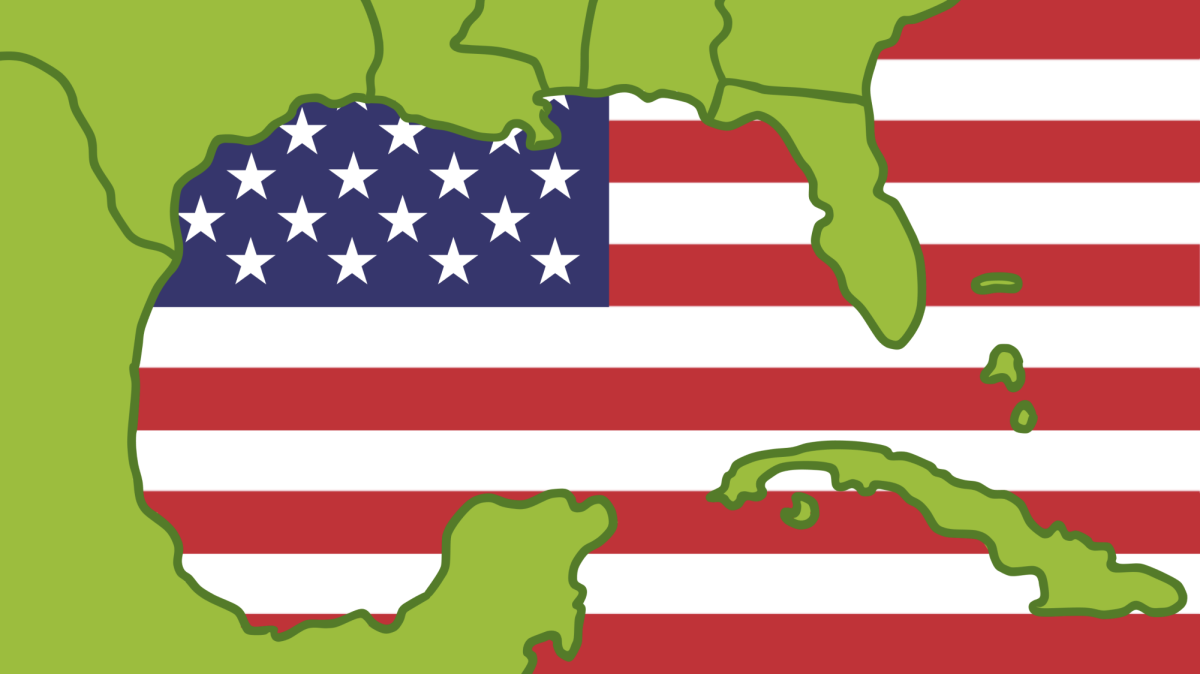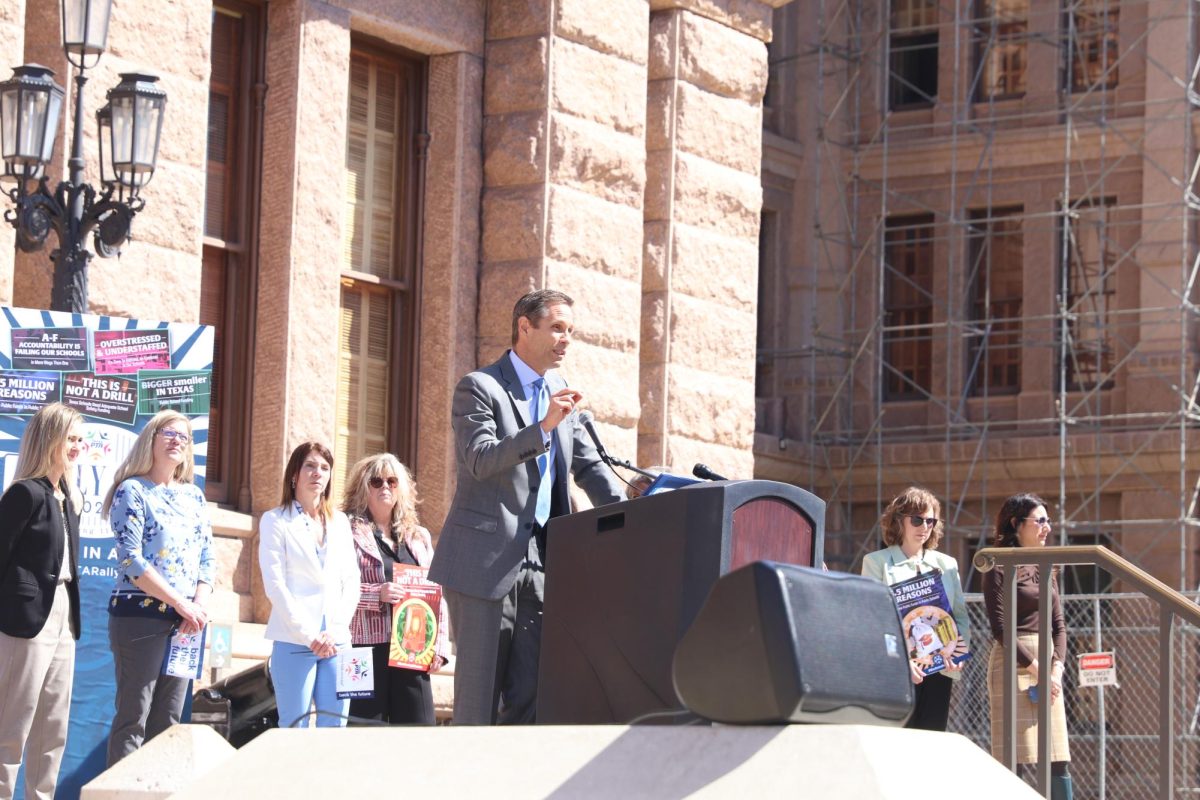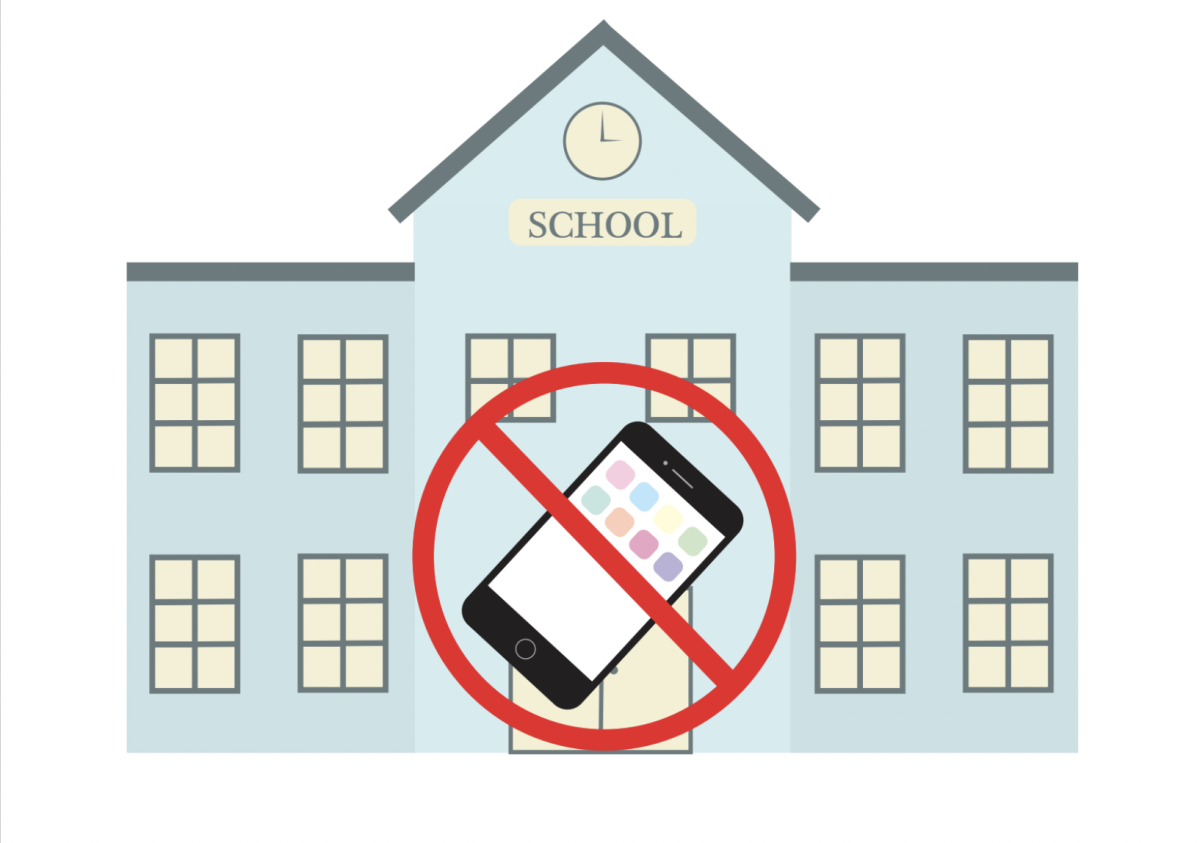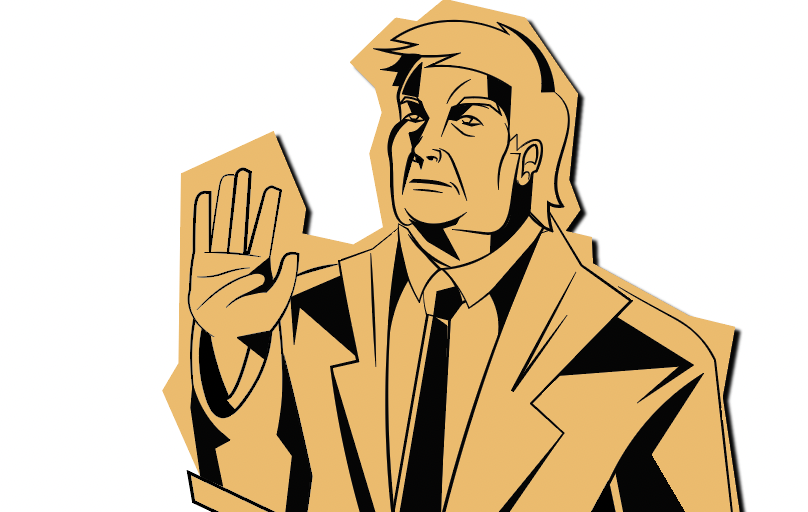Current High school students who are at least 16 years old can work at the voting polls as election clerks. Students can serve during Early Voting and on Election Day
“Student election workers are often used to make voting more accessible,” senior Julia Low said. “These workers make it easier by reading out what’s happening and allowing the voter to make their decision.”
As election clerks, students’ responsibilities include: organizing the polling location, making sure that only registered votes are allowed to participate, checking in voters, handing out ballots, and giving instructions and assistance if needed.
“Election clerks can be used to make sure that elections go smoothly,” Low said. “What this can look like is making sure that ballets are filled out correctly and making sure all fields are corrected and accounted for.”
Student Clerks are eligible for this job if they are current public or private high school students, or if they are home-schooled. The students must be U.S. citizens and have consent from their legal guardians and principals.
“I think students having a voice in the system right now is very important,” social studies John Mast said. “There is going to be a change age-wise because a lot of the people currently governing are on the older end.”
However, there is a circumstance where a non-registered student can participate If the student has just graduated high school but is not yet 18 they are eligible to work. They are still required to submit their consent form to their legal guardian.
“As the current government officials retire they need to have a voice,” Mast said. “Someone who will represent them at both state and national level.”
Working at the polls also pays the students who are there. They will get $20 an hour for their services. Not only is this job paid but also gives students an addition to their resumes or college applications. The purpose of this program is to allow students to get hands-on experience in the electoral process. They are given the opportunity to learn about the responsibilities of voters.
“If you have an interest you should take part,” Mast said. “Because I know that when I first turned 18 I didn’t vote because I didn’t know the process and I didn’t take the chance.” STORY BY Savannah Riggins



